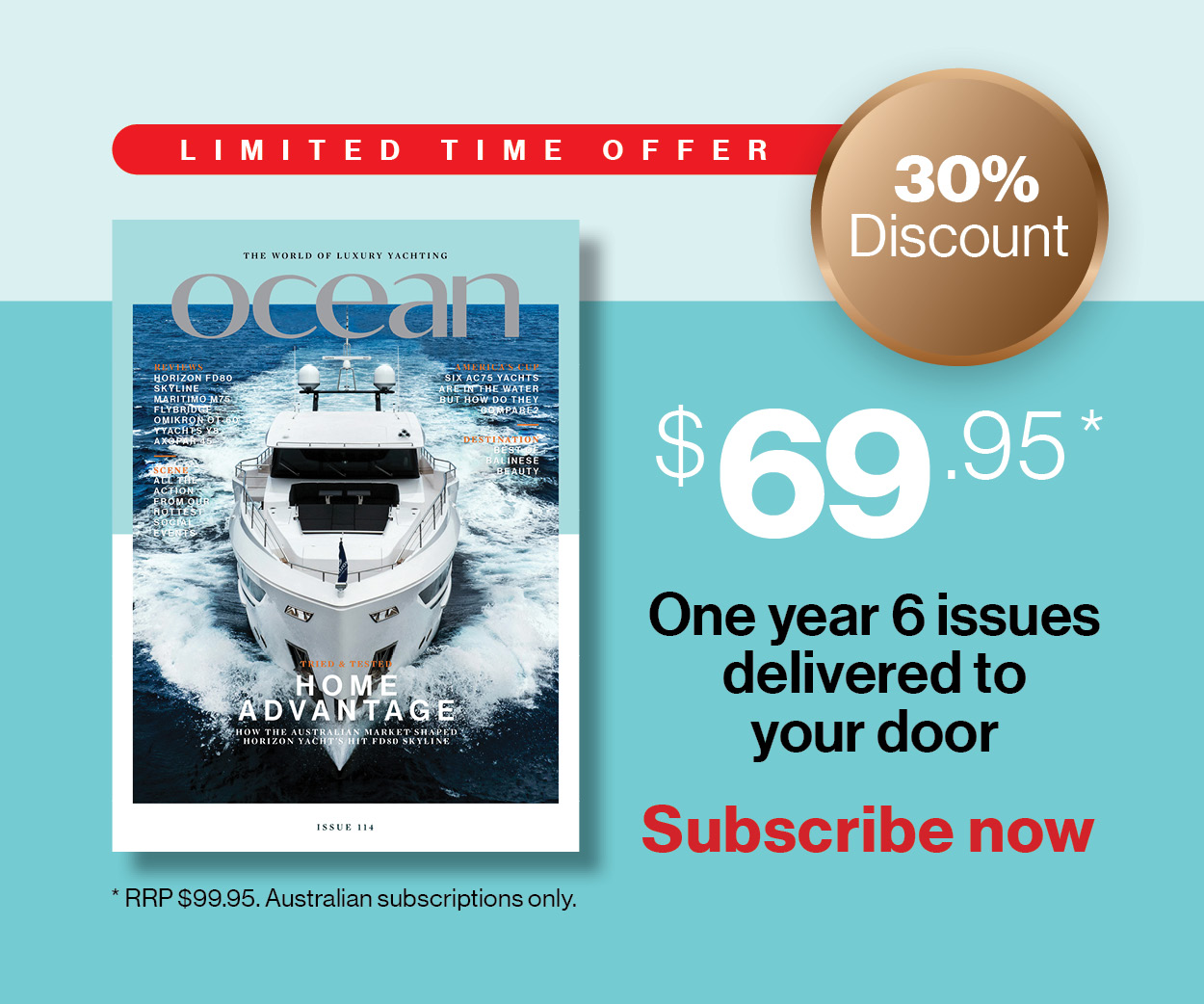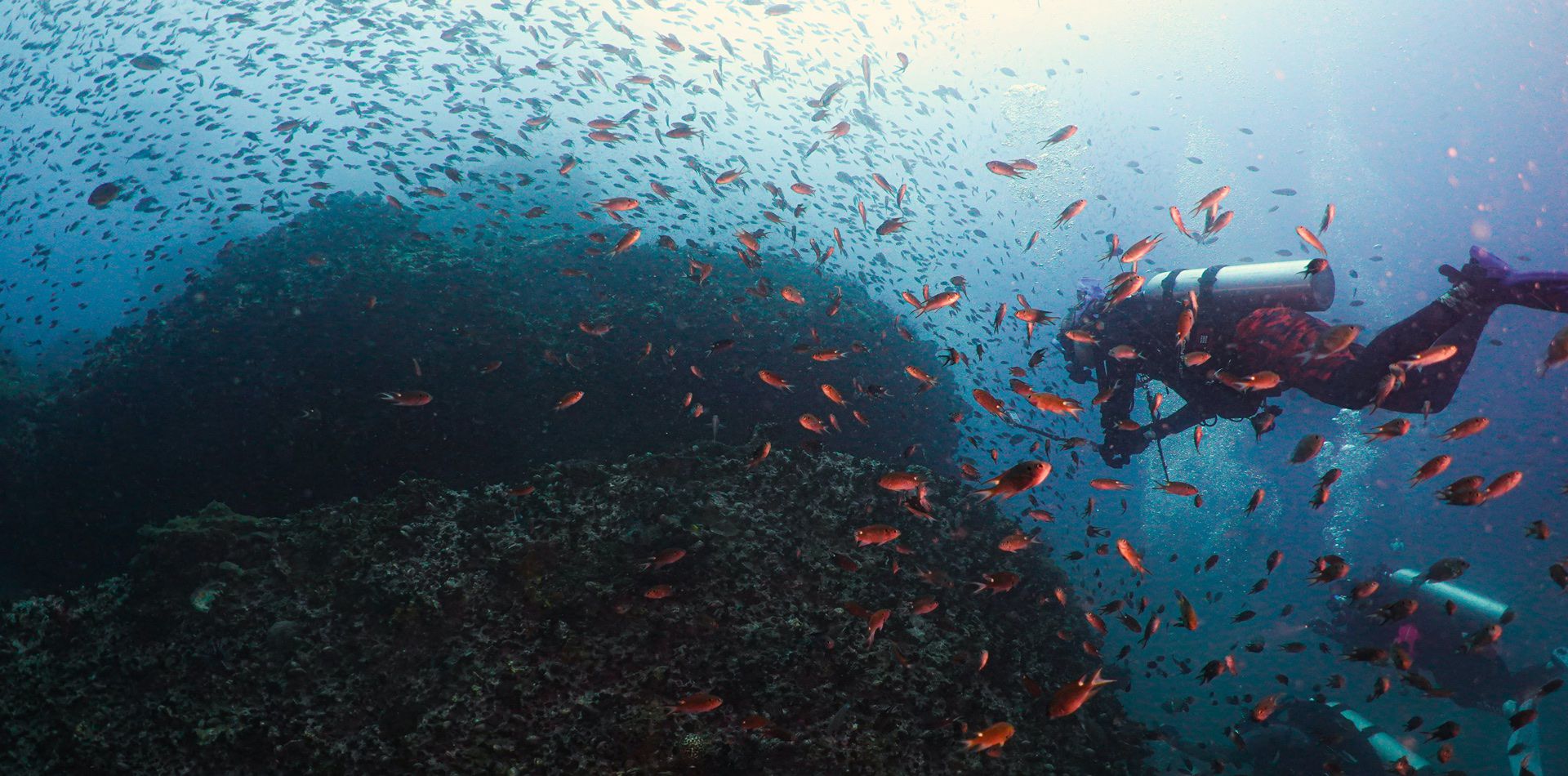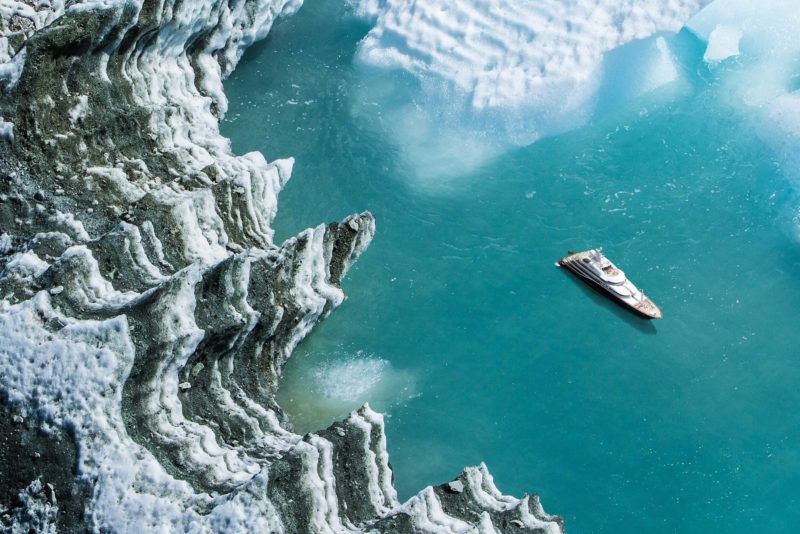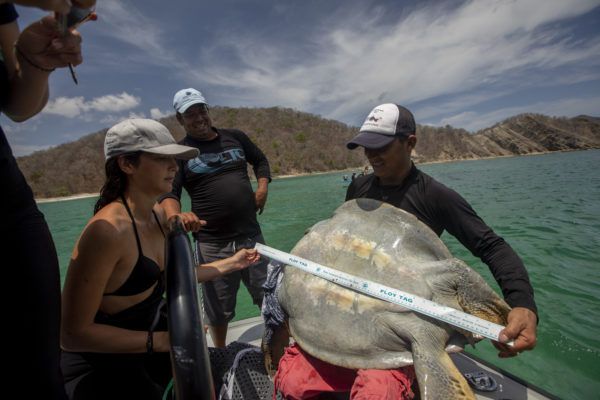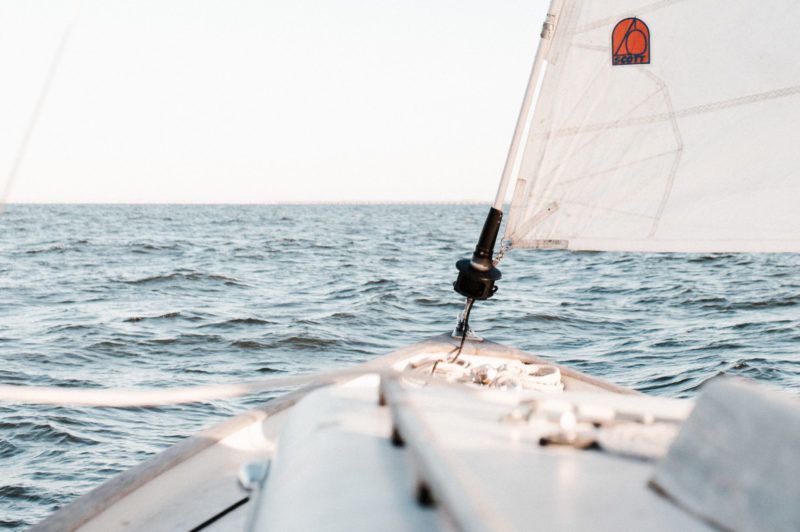Pelorus protection
Pelorus pairs marine scientists with private yachts to conduct vital research.
10 November 2020
The Pelorus Foundation has launched a new initiative aimed at protecting, preserving and promoting our wildlife.
Covering 71 percent of the Earth’s surface and producing half of the oxygen we breathe, the ocean is critical to health and well-being. Yet a large question mark shadows our greatest and most crucial ecosystem. The deeper the water, the more restricted our knowledge of its health and functionality becomes, hence the desperate need for scientists to access some of the world’s most remote areas.
Throughout centuries of sea exploration, only 9 percent of the ocean’s species have been discovered. The Pelorus Foundation is addressing the unique opportunity to pair marine scientists and conservation experts with private yachts to conduct vital research.
The Pelorus Foundation is reaching out to yacht-owners, captains or scientists to take part in a fascinating research project.
Pelorus will action a number of yacht conservation initiatives around the globe.
Red Sea Check with CORDIO
Never done before in the Red Sea, Pelorus have been assisting CORDIO to create a new ocean check system to provide a ‘snapshot’ of the health of the sea, including its coral reefs, fish, algae and anthropogenic impacts. Drawing on existing methods that monitor coral reef health, the system will look at the general condition of the ecosystem. The pioneering concept focuses on capturing reliable and sufficient coastal data that can be used to influence policy and management systems throughout the region.
Shark Nursery Research in the Galapagos
Home to some of the last and largest remaining adult aggregations of endangered scalloped hammerhead and blacktip sharks is the Galapagos Islands. Little is known about the region’s juvenile nursery grounds, hence the need for scientific research and a vessel to accommodate. Using high-resolution habitat maps, existing sites will be surveyed to refine the model, with the resulting nursery habitat maps provided to varying users such as fishers and tour operators. Ultimately, a discussion on minimising impact at the juvenile shark sites will be promoted.
Antarctic Whale Research Programme
Working with Dr Ari Friedlander, Pelorus has designed a whale conservation programme with both long-term vision and short-term goals to understand whale biology, ecology, and the impacts of climate change and human disturbance around the Antarctic Peninsula. Using motion sensing and video recording suction cups, we will study the foraging behaviours and habitat of baleen whales, as well as use blubber and skin samples to measure population structure and contaminant levels in humpback and minke whales. A collection of acoustic recordings in areas with and without human presence will determine the impact on whale communication and stress levels in the region.
Using platforms of opportunity in the Antarctic, with the support of passengers and their participation, we strive to generate both scientific data and public information that is used directly for the conservation of whales and the Antarctic ecosystem as a whole.
HQ2 Marine Research in Mozambique
In partnership with the West Indian Ocean Research Initiative (WIORI), Pelorus has established an ocean research project in the Mozambique Channel. Revolving around the collection of scientific marine data, we aim to better understand the condition of habitats and species populations to then facilitate conservation and biodiversity recovery across seagrass, mangrove and coral reef ecosystems.
Led by an oceanographic scientist, the fully-equipped HQ2 expedition catamaran will be used to ensure the successful operation of this coastal scientific project, with the ability to undertake expeditions for 45 days at a time. Participating guests will have the opportunity to dive or snorkel on a variety of reefs, microlight over the coastline, and drive through the private game and marine reserve. Whale sharks, sea turtles, manta rays and dugong are amongst the plethora of species likely to be encountered and documented for their continued protection.


